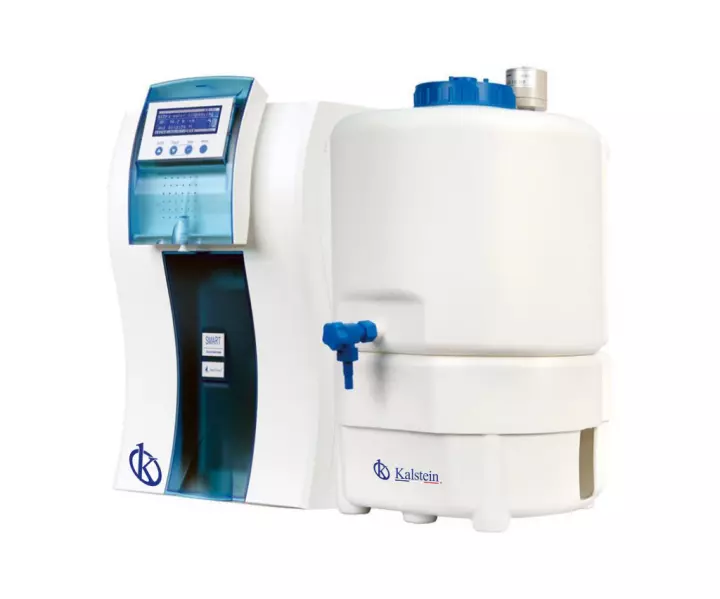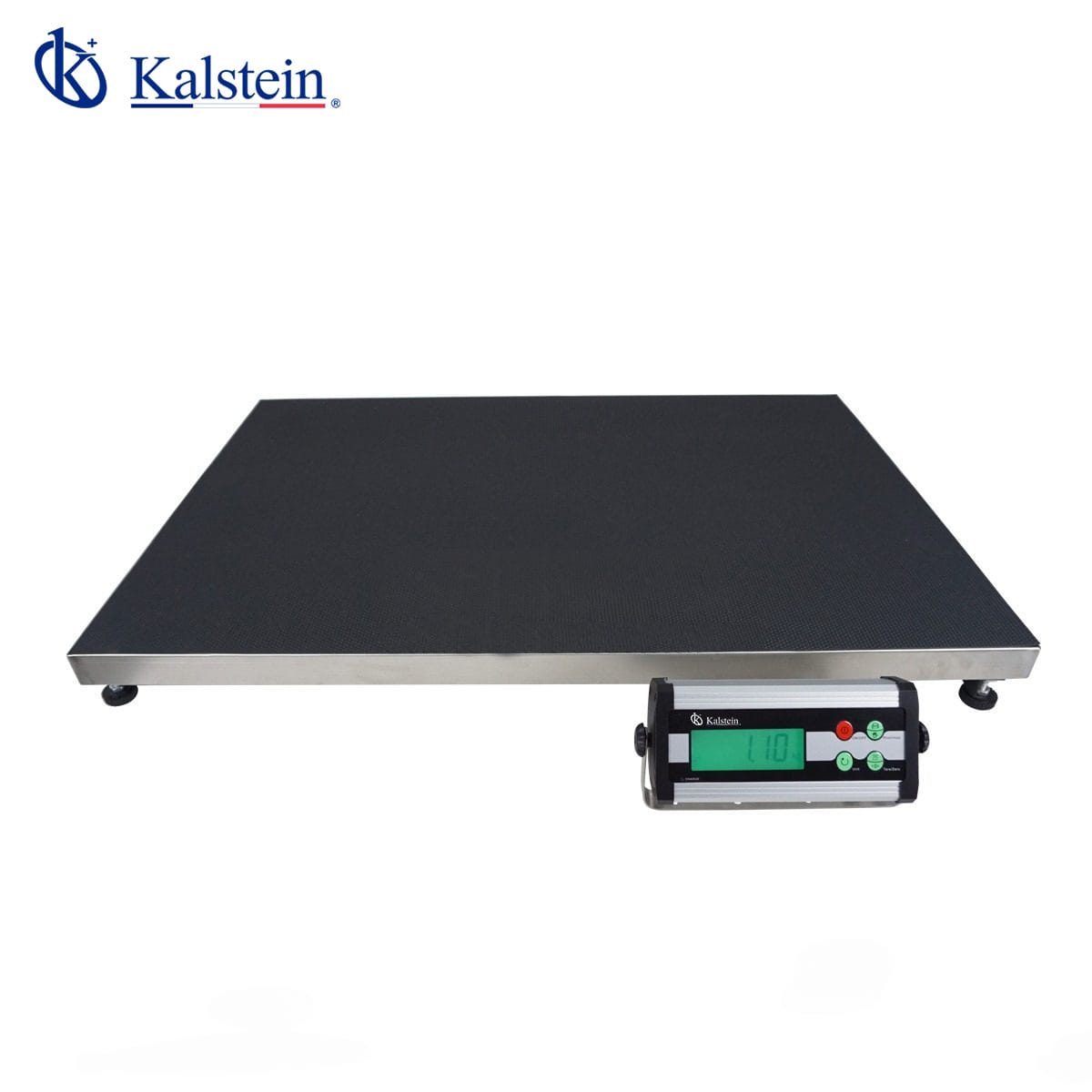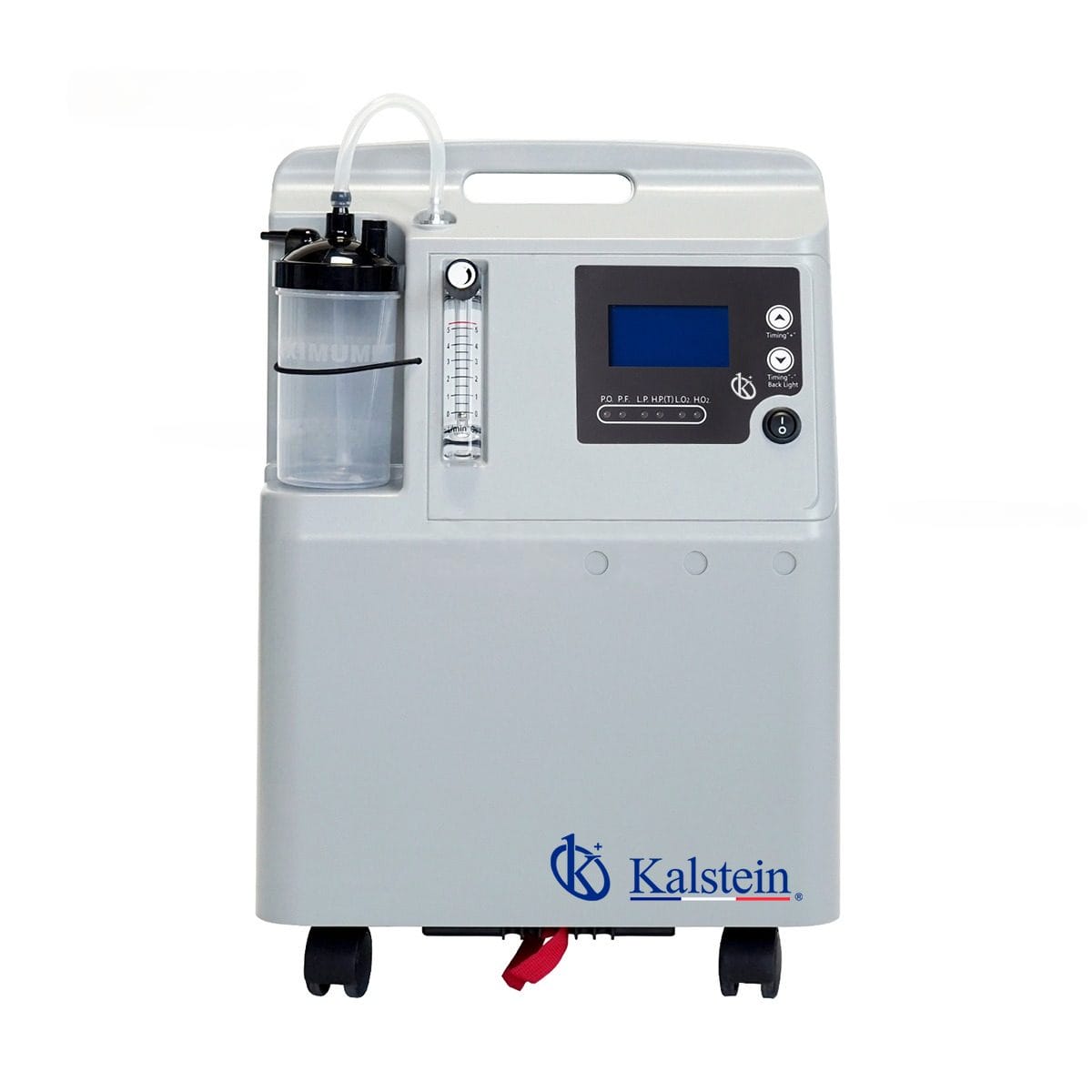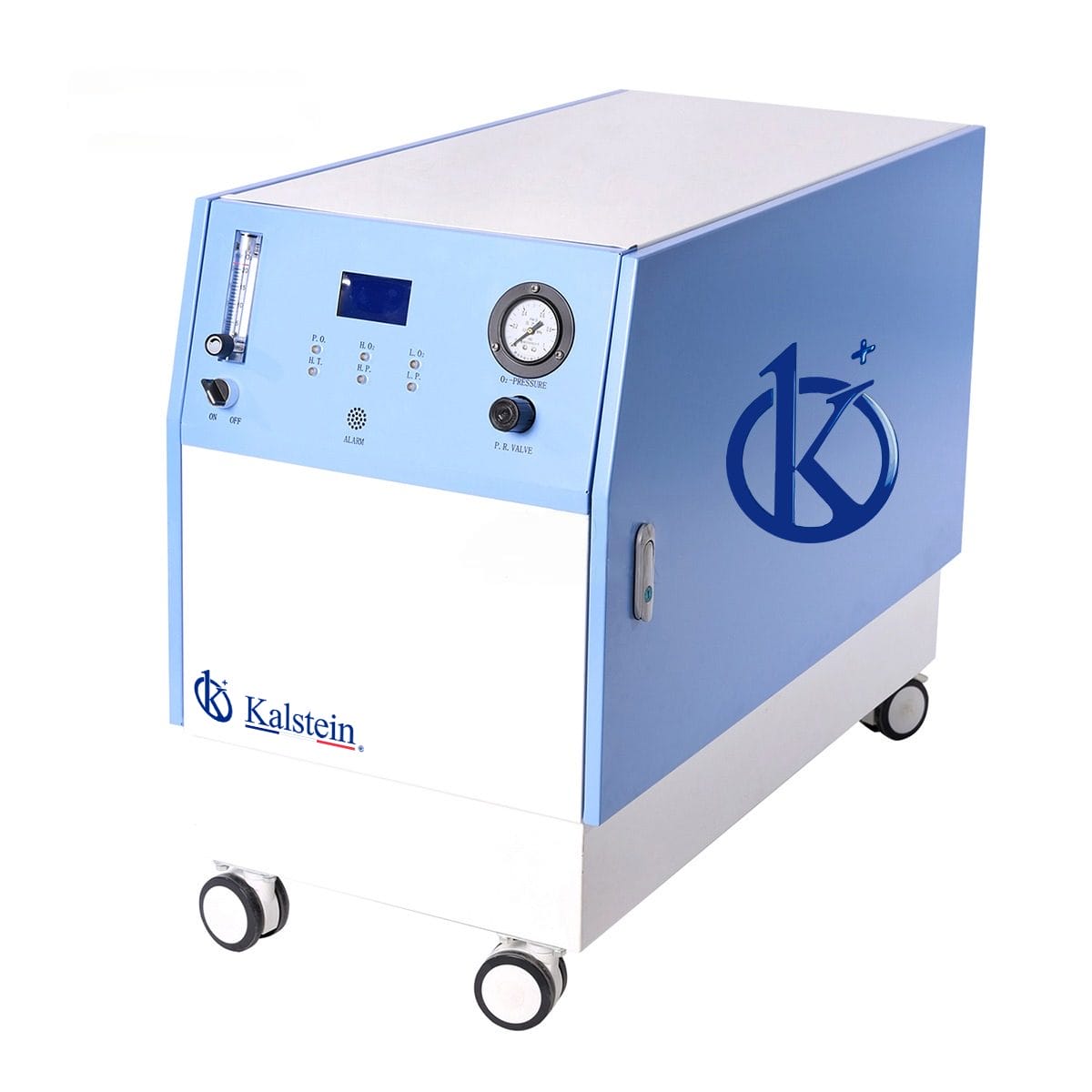Water is the main component of most experiments, and therefore its purity and purity must be controlled to avoid errors in the results; for this reason, there is a wide range of laboratory water purification technologies, which differ depending on the use and the degree of purity required.
One of the most common technologies for purifying water for the laboratory is the reverse osmosis system; this technique uses a semi-permeable membrane to separate water particles of different sizes, allowing pure water to pass through the membrane, while most contaminants are retained.
The different techniques that can be used for good water purification
Reverse osmosis is used to produce water of equivalent quality to rain, which is mainly used in surprisingly pure media for laboratory analysis.
Another technology is carboactive filtration, this technique is useful to remove volatile organic chemicals (VOCs) and persistent organic compounds (POPs) from water.
The carboactive technique is based on the principle that some chemical compounds bind carbon materials to form unstable compounds that decompose into uncharged atoms.
Purification treatments that enable specialists to remove compounds, particles, and molecules from water
Therefore, this technique is very useful to remove traces of organic compounds from the water for the laboratory; another commonly used technology to purify the water for the laboratory is ultrafiltration purification.
So it is similar to reverse osmosis in that it uses membranes to separate water components; the difference is that these membranes have a much smaller pore diameter, allowing the removal of particles and molecules from a fraction of a micrometer.
Purification techniques may be useful to prevent infections caused by biological materials in laboratories
This technique is used to purify water for general purposes, such as chemical analysis, and I accept cool for use in molecular biology; ozone and ultraviolet disinfection is a state-of-the-art technology for disinfecting, sterilizing and sterilizing water for the laboratory.
These technologies rely on the use of ultraviolet light or ozone to destroy any harmful pathogens in water; this turns out to be very effective in removing bacteria, viruses, fungi and protozoa from water.
Selecting the right technique for purifying can help ensure reliable and accurate results in scientific research and laboratory analysis
In conclusion, there is a wide range of laboratory water purification technologies, these include reverse osmosis systems, carboactive filters, ultrafiltration and ozone or ultraviolet disinfection.
Each of these techniques has its own specific applications and its use will depend on the type of experiment and the degree of purity required.
Kalstein as a MANUFACTURER offers you the best water purification system on the market
In Kalstein you can get a great variety and thus get the best quality in the pharmaceutical industry. You can visit our website HERE and enjoy great offers, also only we as MANUFACTURERS can guarantee your effective purchase.
To obtain sophisticated and top quality equipment regarding water systems, click on the following link HERE




